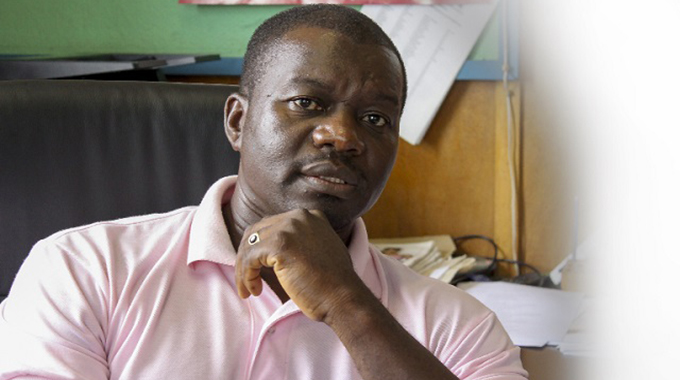EDITORIAL COMMENT:Violence on foreigners in SA must stop

Xenophobic attacks in South Africa targeting black Zimbabweans, Mozambicans, Nigerians and Somalis have become our constant fear.
Hundreds have been killed, injured and displaced over the past few years as South African youths run amok where and when they decide, accusing their African brothers and sisters of taking away their jobs and other opportunities.
The cycle flared up in Durban on Sunday night, with some 100 hoodlums breaking into foreigners’ homes taking away property, looting shops owned by immigrants, blocking roads and indiscriminately beating up people. Among the victims named so far is a Zimbabwean trucker, Mr Tineyi Takawira, who was attacked in an informal settlement in that city. Those who were lucky to escape with their lives ran into a police camp where they are hiding.
The violence that is visited upon the immigrants is indescribably savage. We will never forget the harrowing picture taken in June 2008 of a flaming immigrant crawling on the ground amid slabs of concrete, stones and logs that had been used to bludgeon him. We will never forget the image of a South African man, in April 2015, swinging a knife over the head of a cowering immigrant, later identified as Emmanuel Sithole, a Mozambican, and driving the weapon into him. Sithole died in hospital later.
“We believe that there could be a substantial number of our people who were injured during the attacks but we are yet to ascertain the figures. Police have assured us that the situation has calmed down but we will continue to monitor the situation,” said Zimbabwe’s Consul General to South Africa, Mr Batiraishe Mukonoweshuro on Wednesday.
Yes, the situation may have calmed down as South African police have said but we know that the violence will reignite anytime, elsewhere, possibly on a greater scale and intensity.
We recognise that a job is very important; every able bodied person who is qualified to have one needs it. A job guarantees one a regular income, a livelihood and a future for themselves and their family. Also, we acknowledge that South Africa’s job market is, to some degree, getting constrained, which leaves a number of citizens jobless, hungry and frustrated.
Some in that country nurse this long-standing grievance that foreigners are taking away those limited jobs from them. To some extent that position holds a bit of water bearing in mind the influx of immigrants from the region into more economically prosperous South Africa. However, how does one think that murder, arson, looting and wanton property destruction resolves that grievance? Just how? The obvious answer is that committing those crimes won’t address that grievance.
As we have said in this space many times before, we once again have to impress upon our brothers and sisters down south that they must be more accommodative of fellow Africans and learn to shun crime.
It is regrettable that the xenophobes are a tiny minority, prowling in Alexandria and other poorer neighbourhoods in South Africa. That minority is giving the wider majority of South Africans a very bad name.
The South African government has been strong in condemning xenophobia and xenophobic violence as well as punishing those responsible for the crime. On Monday, the government went a step further by launching a five-year action plan against racism, racial discrimination, xenophobia and ethnic intolerance. We are glad the government is leading the charge against these, working with civic groups, traditional leaders, politicians and representatives of the grassroots. This is a robust statement of intent that seeks to combat the isms that continue to permeate the South African society years after the seeds of those bad behaviours were sown. We applaud President Cyril Ramaphosa for taking this decision.
He and his team must, however, be prepared to be in for the long haul. Racism and racial discrimination are as old as white settlement in that country and deepened during the apartheid era. That system of government created two separate states in one. The best jobs were for whites; the best schools were for whites; the best farmland was for whites and the best opportunities in life were for whites.
On the other hand, the worst of everything was for blacks. That colour bar continues to define the South African society, 25 years after that country gained Independence. Tribalism is rife too though probably not as profound and toxic as racism. With respect to xenophobia we opine that it is probably as old as South Africa’s Independence.
Ridding that society of these will be tough work expected to bear fruit after a long time.
However, for racism and racial discrimination to be curbed, the government must go much further than setting up a discussion forum like the one they launched on Monday. The approach must involve the government leading the role in dismantling institutions and practices that promote racism. In addition, this must involve deliberately opening up spaces into which entry continues to be determined by one’s skin colour.
Sustained education programmes to serve as a preventive measure, coupled with severe punishments on culprits when xenophobic violence occurs can assist in combating the recurring crime.








Comments